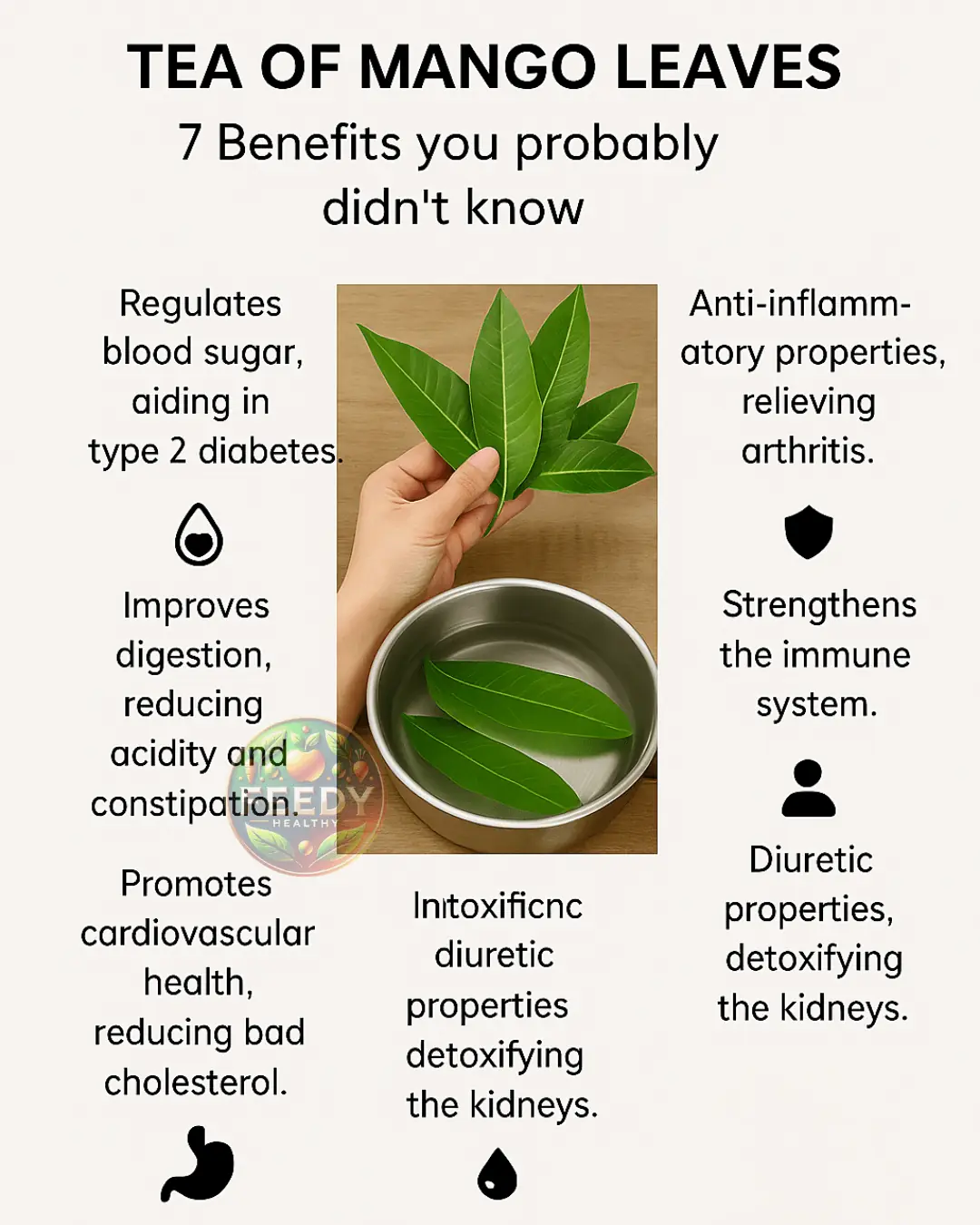
Recognize the Hidden Toll of Stress: 8 Symptoms of High Cortisol You Shouldn’t Ignore

In our fast-paced, constantly connected world, stress is practically a badge of honor. But beneath the surface of busy schedules and digital overload lies a biological response that can quietly wreak havoc on our bodies: elevated cortisol levels. Cortisol, known as the "stress hormone," is crucial for managing stress in small doses. But when it remains high for too long, it can start to wear us down—mentally, physically, and emotionally.
If you often feel overwhelmed, tired, or not quite yourself, your body might be trying to signal something important. In this guide, we’ll break down:
-
What cortisol really does
-
The difference between everyday stress and chronic overload
-
And 8 subtle—but powerful—signs your cortisol levels might be too high
We’ll also offer effective, realistic tips to bring balance back into your life.
🔍 What is Cortisol?
Cortisol is a steroid hormone produced by your adrenal glands, which sit on top of your kidneys. It plays a vital role in your body’s fight-or-flight response, helping regulate blood sugar, metabolism, blood pressure, and inflammation.
In the short term, cortisol keeps us sharp, alert, and ready to tackle threats. But when stress is constant, cortisol production doesn’t switch off. This is when problems arise.
🧠 Acute Stress vs. Chronic Stress
Acute stress is your body's quick reaction to a new challenge—like giving a presentation or dodging a car in traffic. It spikes your cortisol, but only temporarily.
Chronic stress, however, is the kind that doesn’t let up. It builds slowly over time from constant pressures like debt, job burnout, toxic relationships, or even lack of sleep. Chronic stress leads to consistently elevated cortisol levels, which quietly damage your health over time.
🚨 8 Warning Signs of High Cortisol
Even if you don’t feel stressed, your body might be saying otherwise. These are some of the most common—and often overlooked—signs of high cortisol levels:
1. Stubborn Weight Gain, Especially Around the Belly
Cortisol encourages fat storage—particularly in the abdomen. It also breaks down muscle, which lowers metabolism. If you're eating healthy and exercising but not seeing results, your stress hormones might be working against you.
2. Sleep Problems and Insomnia
Cortisol is supposed to decrease at night to help you wind down. If it stays high, it interferes with your natural sleep-wake cycle. Trouble falling or staying asleep may be a red flag.
3. Frequent Illness and Slow Healing
High cortisol suppresses your immune system. If you’re constantly catching colds or your wounds take forever to heal, it’s worth considering your stress load.
4. Increased Anxiety or Depression
Cortisol affects neurotransmitters like serotonin and dopamine—key chemicals in mood regulation. Prolonged imbalance can lead to anxiety, irritability, or even depression.
5. Digestive Issues
Stress slows digestion and reduces nutrient absorption. You might experience bloating, cramps, or IBS-like symptoms. If your gut is off, your stress might be the reason.
6. Low Sex Drive
Chronic cortisol dampens sex hormones, reducing libido and fertility. It can also interfere with intimacy, creating a feedback loop of stress and disconnection in relationships.
7. Memory Fog and Poor Concentration
Struggling to stay focused? Forgetting names, appointments, or misplacing things often? High cortisol can shrink the hippocampus, a brain area crucial for memory and learning.
8. Muscle Weakness and Fatigue
Cortisol breaks down muscle tissue for energy. Over time, this can lead to weaker muscles, persistent tiredness, and less strength—even if you’re active.
🧘♀️ How to Lower Cortisol Naturally
You can’t eliminate stress—but you can control how your body responds to it. Here are some proven strategies to support your well-being and lower cortisol:
✅ Daily Practices for Balance:
-
Practice mindfulness: Meditation, breathing exercises, and journaling reduce stress and lower cortisol naturally.
-
Move your body: Moderate, enjoyable exercise—like walking, swimming, or yoga—helps regulate hormones and boost mood.
-
Prioritize sleep: Aim for 7–9 hours of quality rest each night. Your hormones depend on it.
-
Eat smart: Choose nutrient-rich, anti-inflammatory foods. Limit sugar, caffeine, and processed snacks.
-
Stay connected: Make time for friends and loved ones. Social support helps buffer stress.
-
Time management: Create routines and break tasks into manageable chunks to avoid overwhelm.
-
Relaxation rituals: Take regular breaks. Try baths, music, hobbies, or nature walks.
-
Get professional help: If stress or symptoms persist, talk to a doctor or therapist. Support is strength—not weakness.
🌿 The Takeaway
High cortisol might be silently draining your energy, mood, and health—but it doesn’t have to. By learning to recognize the signs and making simple, consistent changes, you can rebalance your body and reclaim your peace of mind.
✨ Remember: Listening to your body is the first step in healing. Prioritize your well-being. Stress may be a part of life—but it doesn’t have to control it.
News in the same category


Rise in Colon Cancer Among Young Adults May Be Linked to Contaminated Lettuce, Researchers Warn
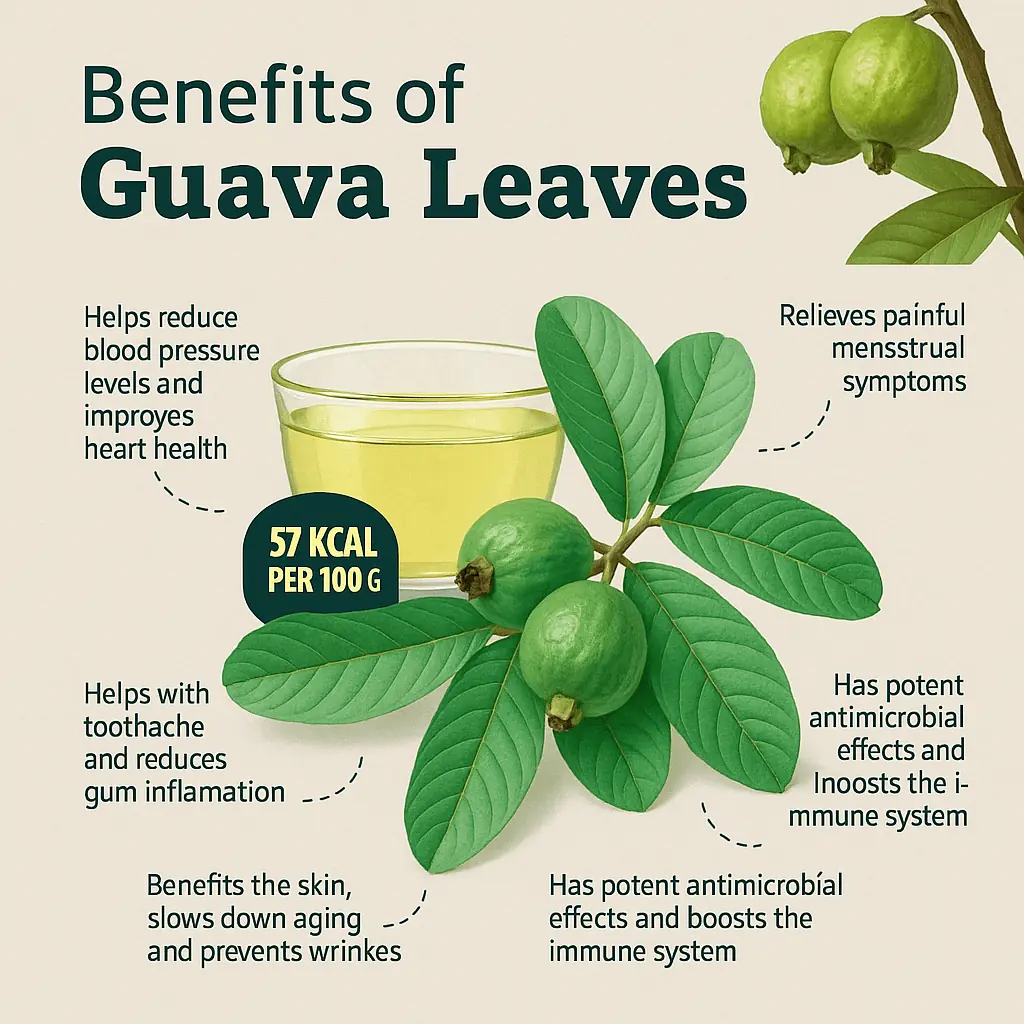
🌿 Amazing Health Benefits of Guava Leaves 🍃💚

This YouTuber Ate 720 Eggs in 30 Days—Here’s What It Did to His Cholesterol

Heart Surgeon Reveals 4 Foods You Should ‘Always Avoid’ That Will ‘Poison’ Your Body

Effects of music on cancer cells: what the science says.

These 5 Popular Drinks Are Slowly Damaging Your Kidneys — Are You Still Drinking Them?

Doctors Gave Up, But a Woman Recovered from Cancer by Drinking Ginger and Honey
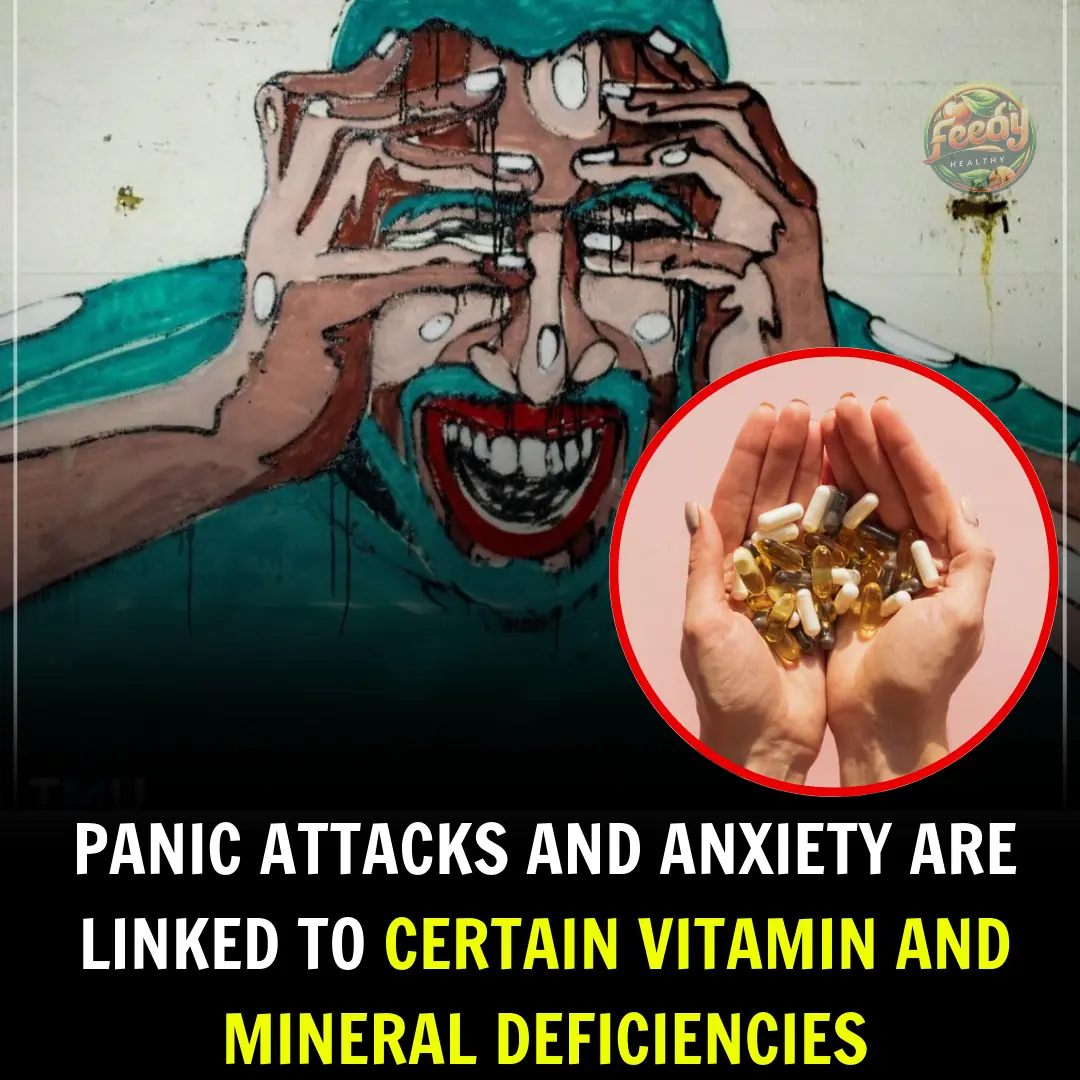
Panic Attacks And Anxiety Have Been Linked To Certain Vitamin And Mineral Deficiencies
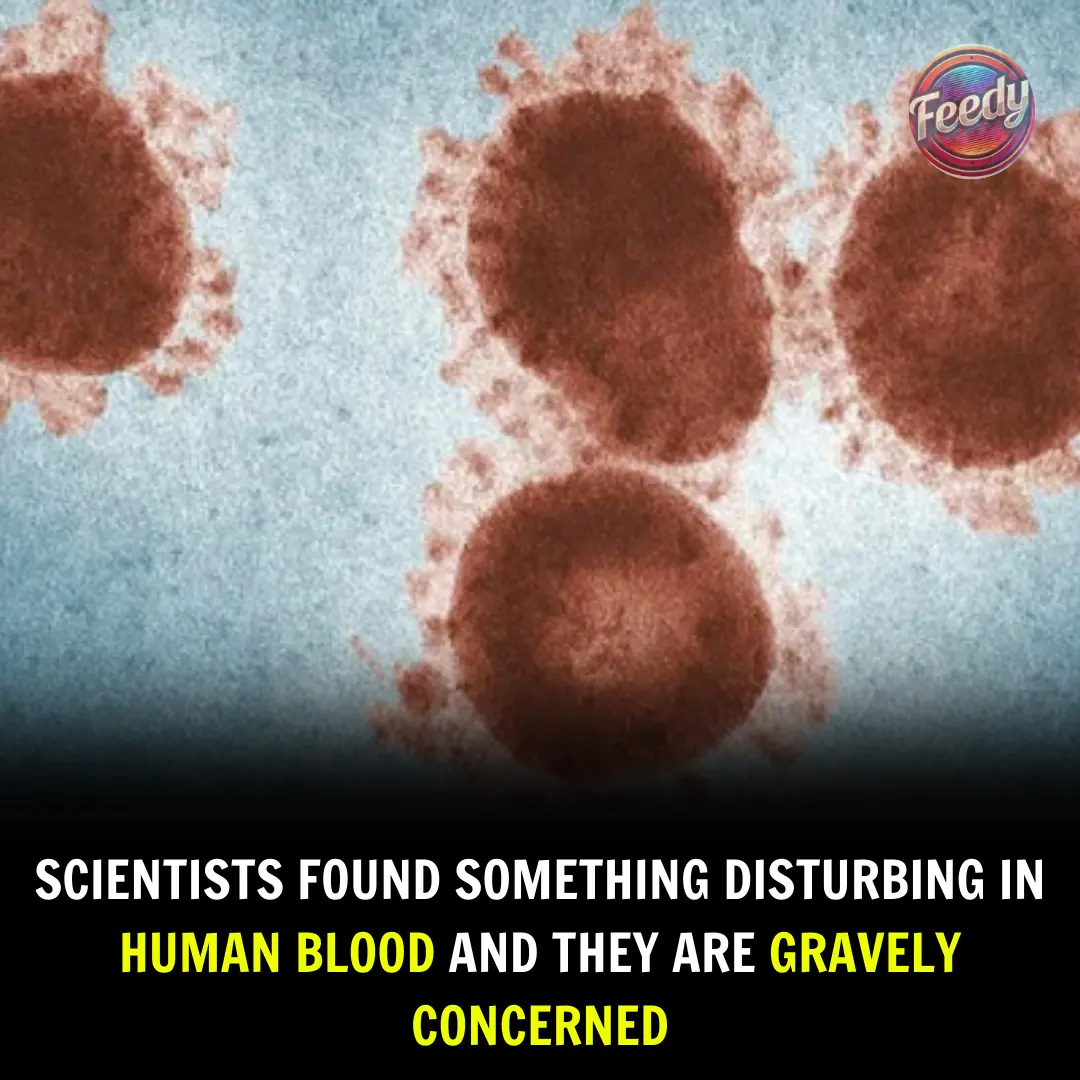
The Hidden Link Between Air Pollution, Alzheimer’s, and Cancer — And the Dust in Your Home

The Hidden Danger in Your Pork: What You Need to Know Before You Eat!

Doctor Warns of SKIN CANCER From MOLES That Spread Rapidly: If You Have 1 of These 11 Signs, Get Checked Immediately

8 Unexpected Signs You Could Be Lactose Intolerant

Is Drinking Water First Thing in the Morning Beneficial?

Don’t Throw Away Damaged Tomatoes

Remember: The kitchen is closely linked to your health!

17-Year-Old Girl Hospitalized with Kidney Failure, Must Undergo Dialysis for Life: Doctors Warn Against 3 Common Habits Among Youth
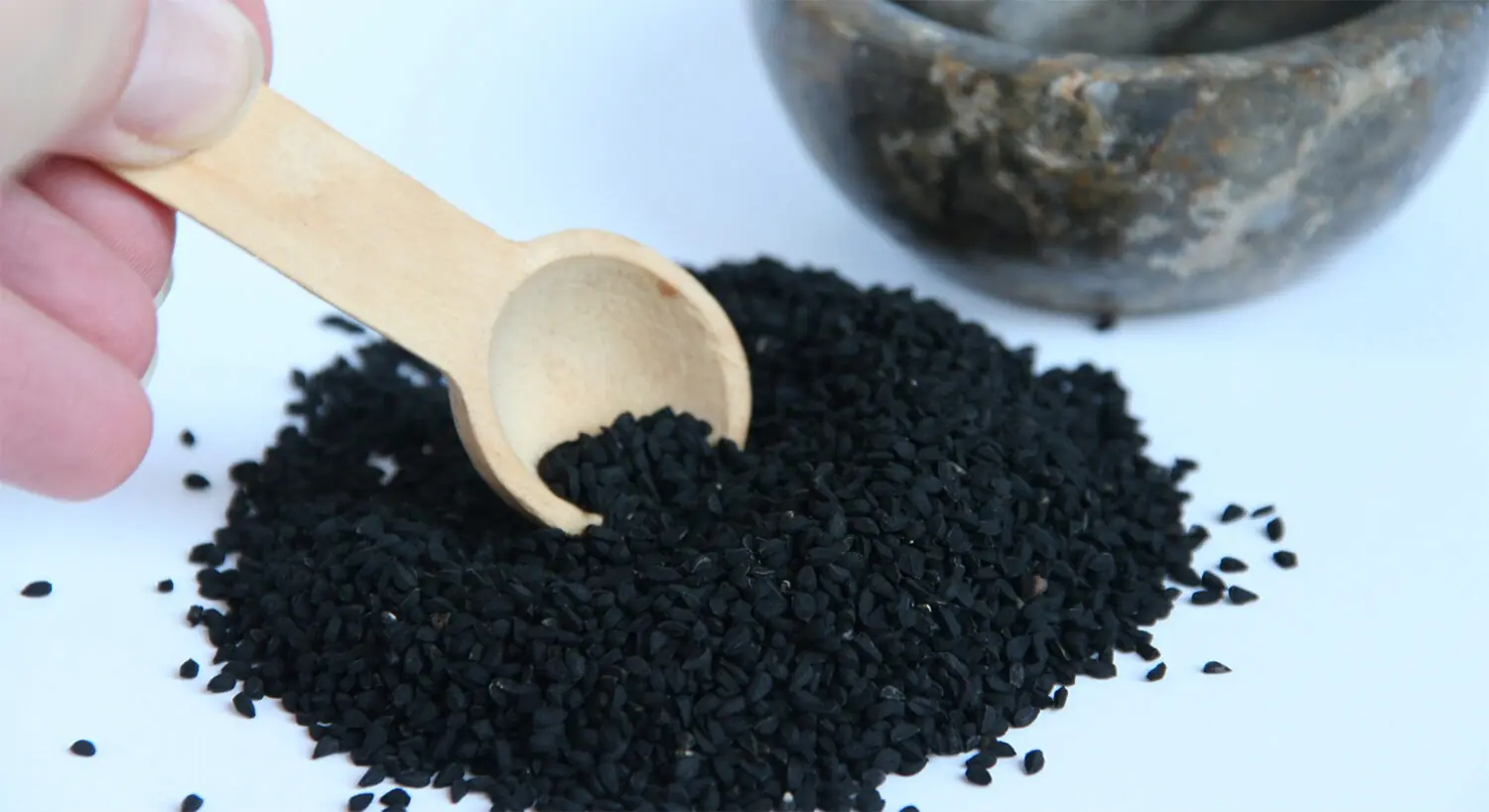
Plant in the Bible Said to Heal All Ailments

A Vegetable as Powerful as a "Miracle Herb" — A Natural Enemy of Cancer That Grows Freely in Gardens, Yet Many Overlook It
News Post
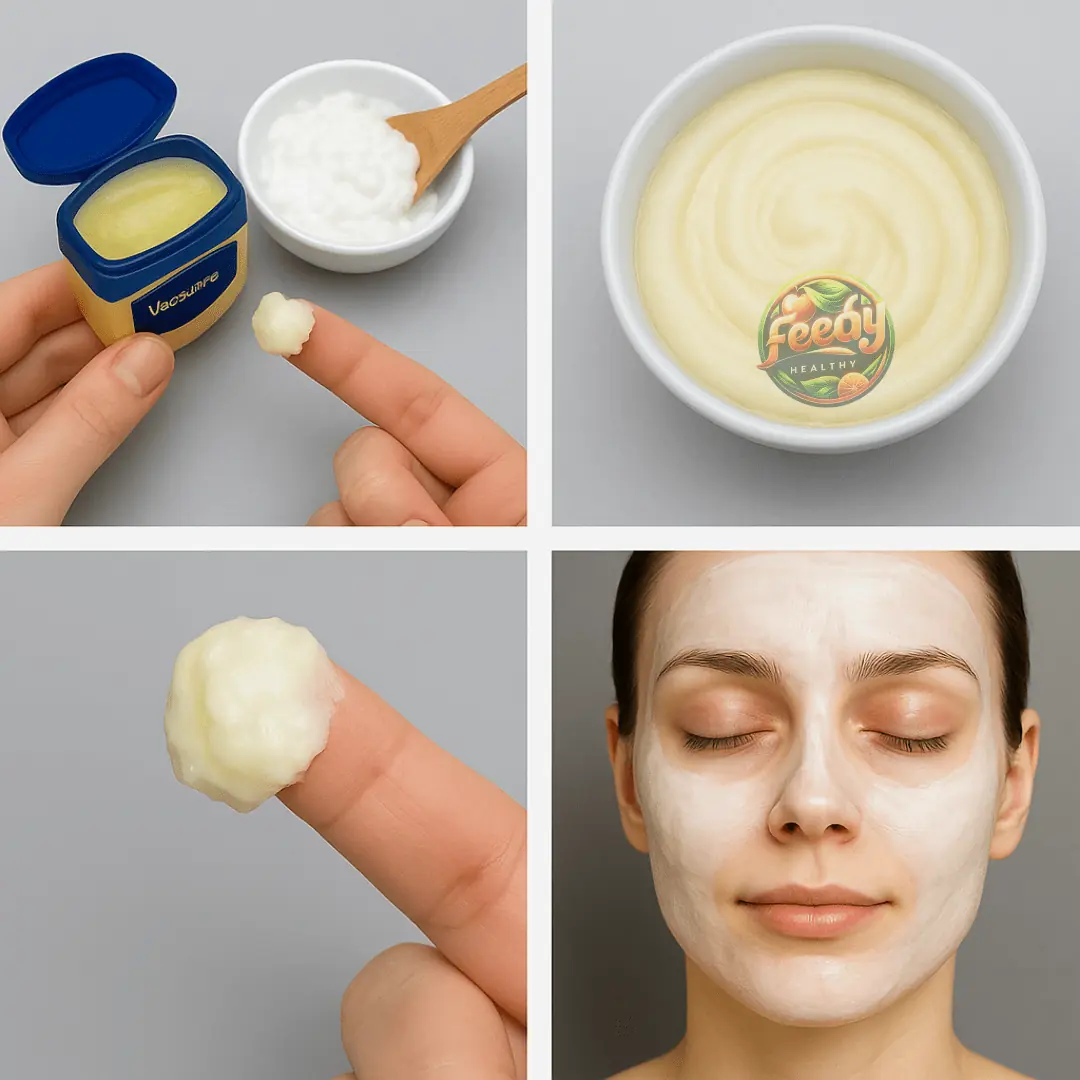
Turn Back Time with Just Vaseline and Cornstarch: Look Radiant at Any Age

Man who saw ‘proof’ that ‘death is not the end’ explains the seven levels of afterlife
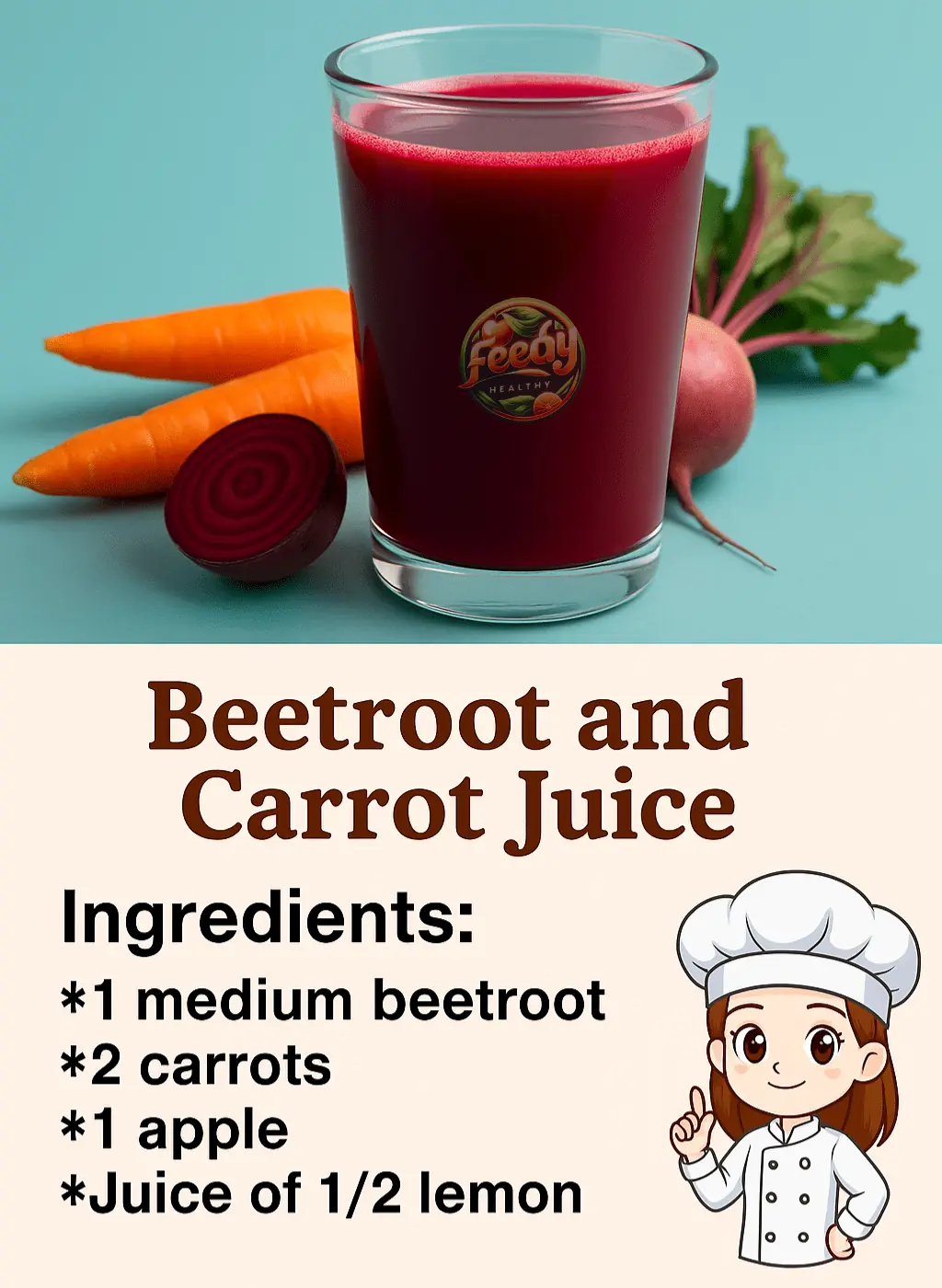
🥤 Beetroot and Carrot Juice: A Delicious and Healthy Elixir

I Remarried After My Wife's Passing — One Day My Daughter Said, 'Daddy, New Mom Is Different When You're Gone'

My Husband Kept Taking Our Kids to 'Visit Grandma'—Until One Day, My Daughter Revealed, 'Grandma Is Just a Secret Code'

I Slept Under A Bridge- But My Dog Kept Me Warm And Sane…

The Baffling Riddle of the Woman in the Boat

Mango Leaf Tea 🌿🍃

I Adopted the Oldest Shelter Dog, Knowing She Had Only a Month Left – My Goal Was to Make It Her Happiest

The holy relics inside Pope Francis’ casket

Gen-Z does not like ‘passive aggressive’ thumbs up emoji
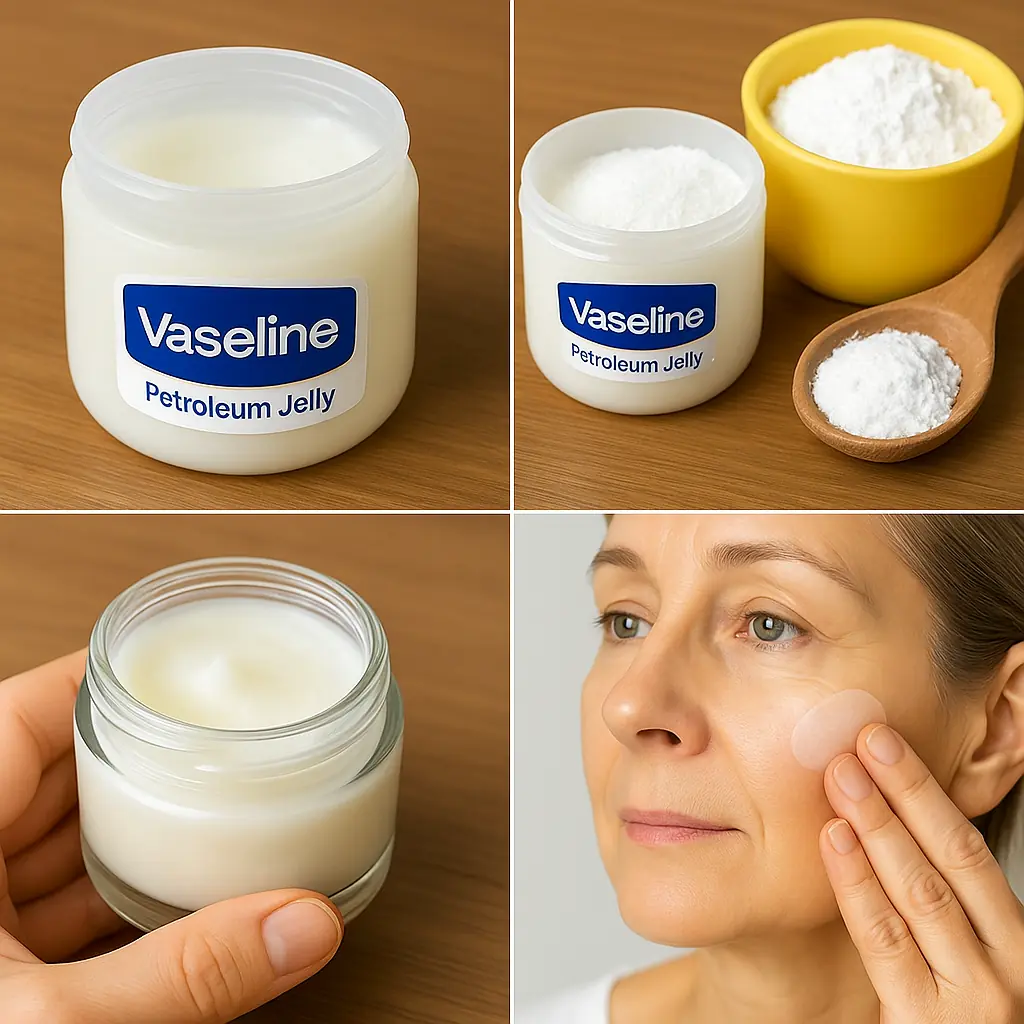
The Vaseline & Cornstarch Trick: Can This Simple DIY Really Make You Look Younger?

Weight Loss Drink: Lose 20kg in a Month!
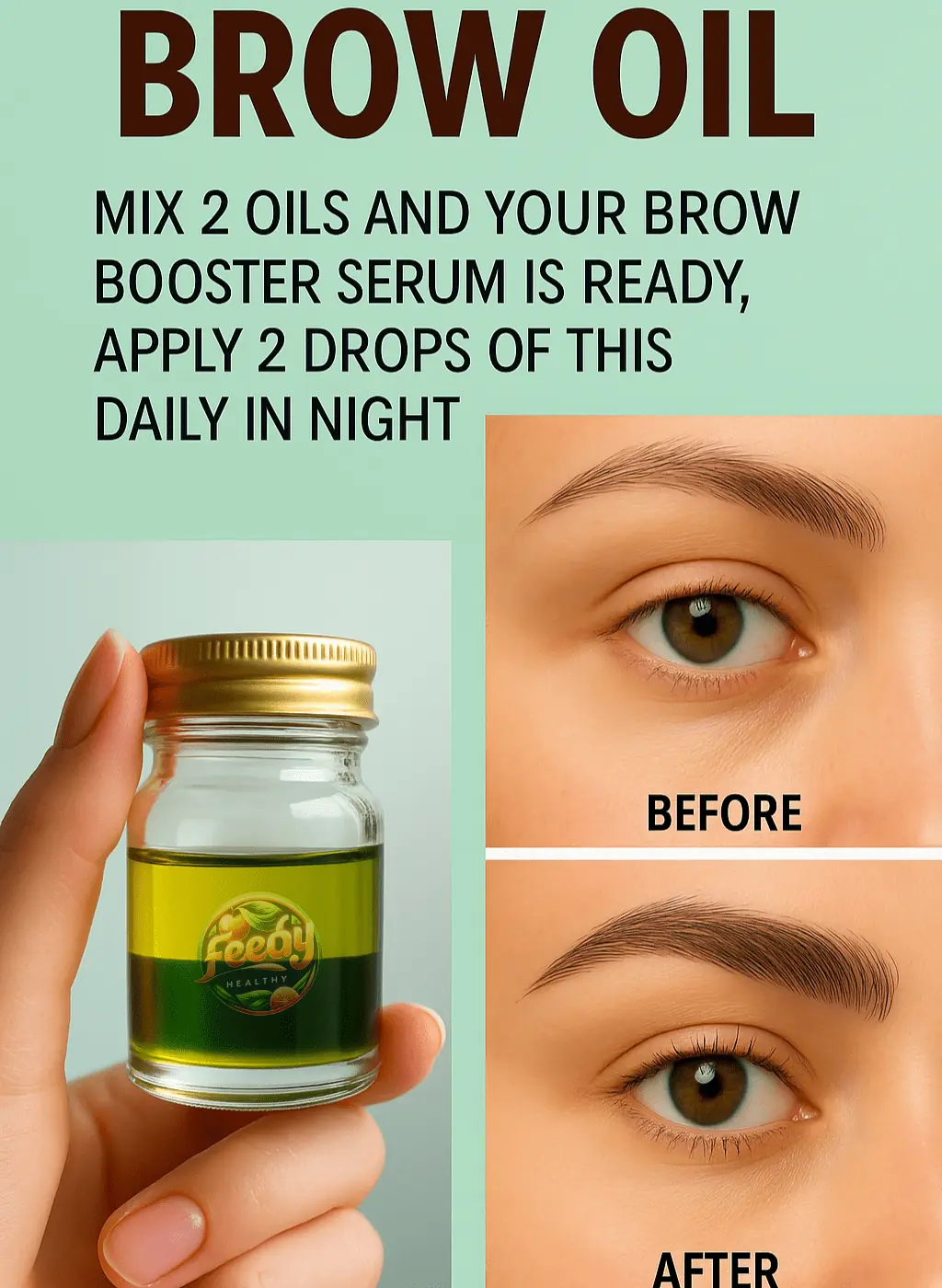
Get Thicker Eyelashes/Eyebrows with Vaseline and Castor Oil Serum in 1 Week

Man Releases Chilling Never Seen Before Footage of Twin Tower Collapse

Rise in Colon Cancer Among Young Adults May Be Linked to Contaminated Lettuce, Researchers Warn
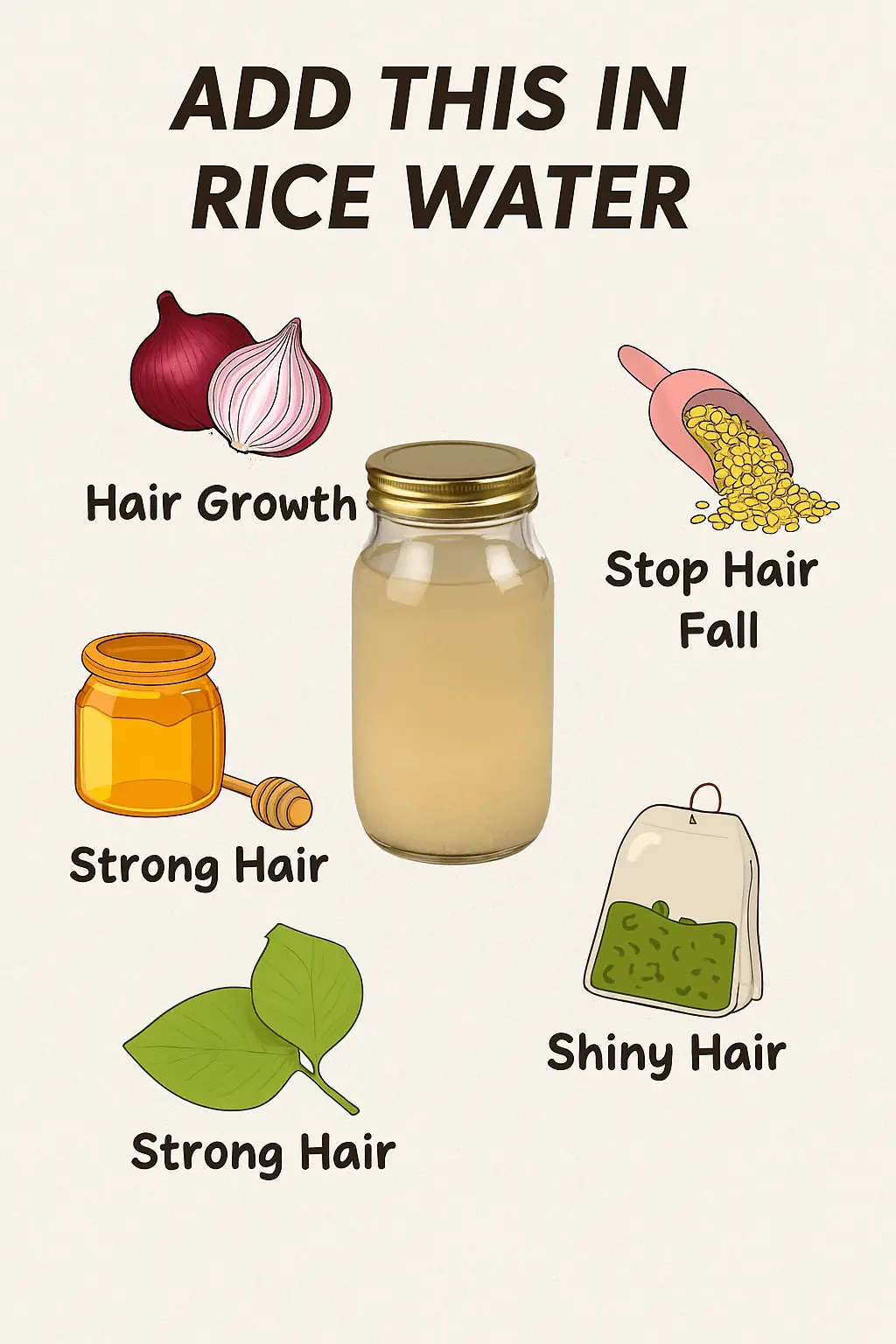
Rice Water, A Magical Ingredient For Hair

🌿 Amazing Health Benefits of Guava Leaves 🍃💚

Risk of prostate cancer increases by 45% in men due to a common practice
